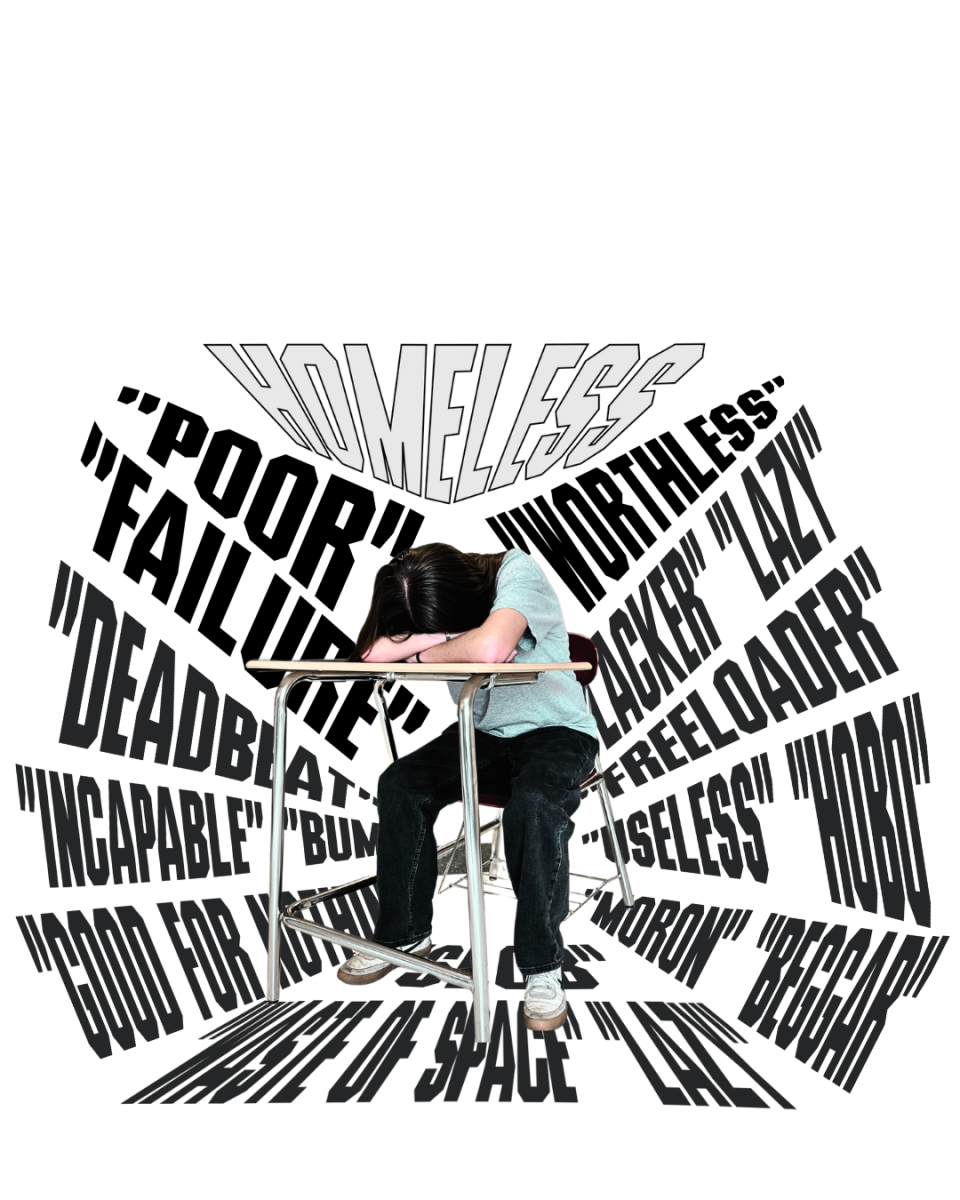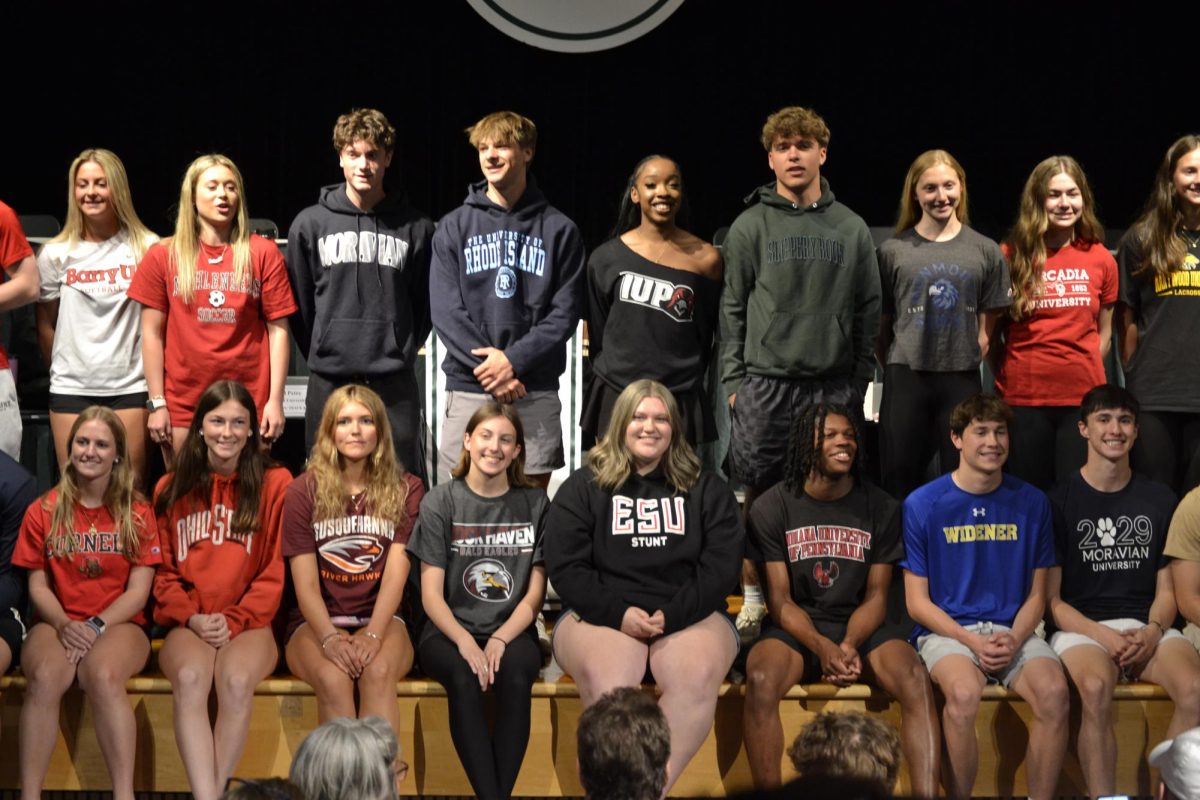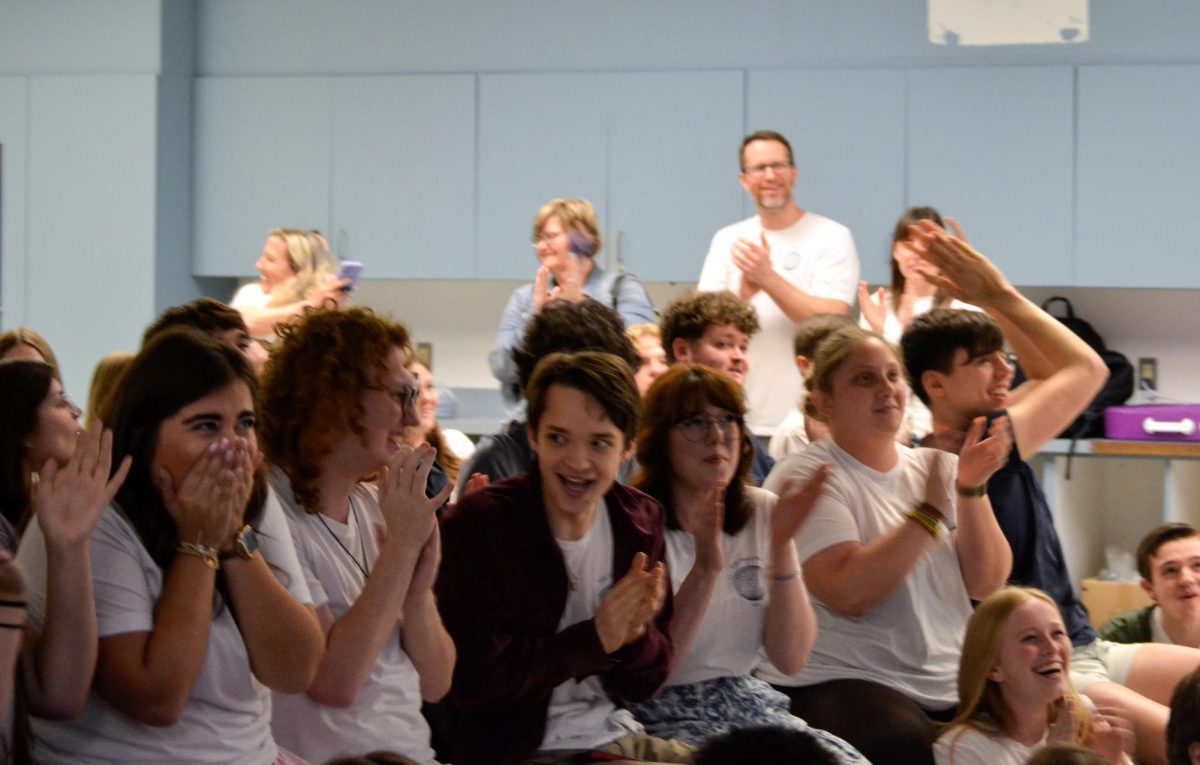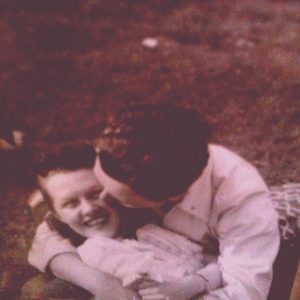Lyrics in Court
June 19, 2021
The art of lyricism and storytelling is typically a heavily personal subject, so what happens when this connection between an artist and their songwriting is invaded?
With the court case of Mahanoy Area School District v. B.L. igniting the nation in a frenzy of First Amendment discourse, the hot topic of what is and what isn’t constituted as free speech is back at the forefront of American media.
Throughout the last several decades, various acts from the likes of Judas Priest and Ozzy Osbourne have had their lyrics addressed and cited in legal disputes. More recently, however, courts have primarily targeted rap songs and the words expressed by hip-hop artists. In December 2020, Maryland’s highest court “ruled rap lyrics may be admitted in court as evidence of a defendant’s guilt,” reported by a Variety article. Clearly, this decision presents a more deep-rooted racial and discriminatory issue by throwing rap artists under the bus. However, this ruling also violates storytellers and their terrain of what they can and cannot say in a record.
The case that specifically resulted in this decision is the January 2017 murder of George Forrester, a man who “was shot by a drug dealer after he attempted to buy cocaine with a counterfeit bill. Based on a single witness’s identification, Lawrence Montague was indicted for Forrester’s murder. Three weeks before trial, Montague used a jailhouse telephone to record a rap verse, which was then uploaded to Instagram,” according to Variety. During his trial, this verse was provided to the court as evidence and eventually led to Montague’s conviction of first-degree assault, second-degree murder, use of a firearm in a crime of violence as well as in the commission of a felony, and carrying a handgun on the person.
Some of the lyrics from the verse can be found in an article courtesy of Complex. Montague raps about guns, violence, and other typical machismo laced in a lot of hip-hop music. However, the court points to the use of the word “snitch,” alluding to witnesses and the reference of a .40 caliber–the same type of shells that were found at the scene of the crime. While Montague might’ve outed himself in a rather vague rhyme, is it fair to punish an entire genre and group of artists for what another one said in a verse delivered via telephone?
Hip-hop is a genre that is known for its vivid and sharp storytelling from many acts who grip the microphone. In a lot of tracks, rappers will take on the persona of other characters, real or fictional, and spit sonic movie scenes from the perspective of someone or something other than themselves. Take Nas’ 1996 song “I Gave You Power,” a tune in which he raps through the eyes of a gun. Being that he details the identity of a weapon, the song paints a rather violent illustration. However, that doesn’t make this track a testimony, it’s more so a clever clinic in storytelling. So, with situations where lyrics are used against them, do rappers have to sacrifice their art in order to uphold their innocence? Does everything a rap artist writes about have to be true to themselves and their life? In that case, how much of the genre is left? How much of music in general is left at that point?
Furthermore, what will happen when analyzing lyrics in the courtroom inevitably wrongfully convicts an individual? There seem to be too many roadblocks and questions facing the decision of utilizing lyrical content as a means of proof. Not to mention, if going to an artist’s Genius page to dissect rhymes is a court’s main source of evidence, what does that say about the situation? Unless an artist is explicitly outlining the events of a crime that align with statements given to the court, using the written material of a musician to possibly convict them just seems like too much of a slippery slope. That’s where Montague’s case proves to be a bit different. Montague performed the verse in question after the crime occurred as well as including at least one detail specific to the scene of the crime. Also, according to CommunityLawFirm.com, “all inmate phone calls are recorded, and prosecutors can and will listen to those conversations.” Additionally, these calls can actually be used against these inmates in court. So, this is what sets situations like Montague’s apart from courts putting the majority of rap music in their crosshairs and potentially limiting the creative and free reign of which the genre is so renowned.










